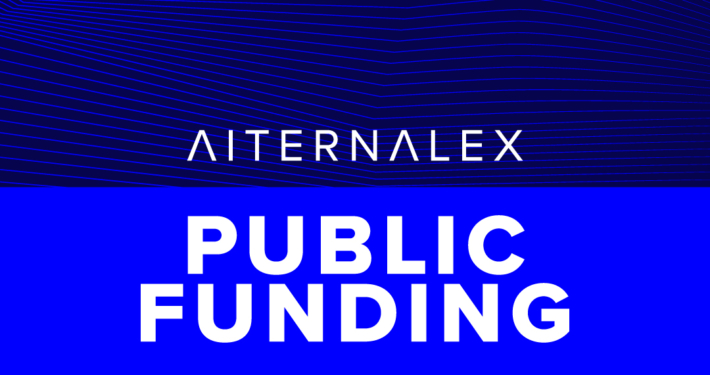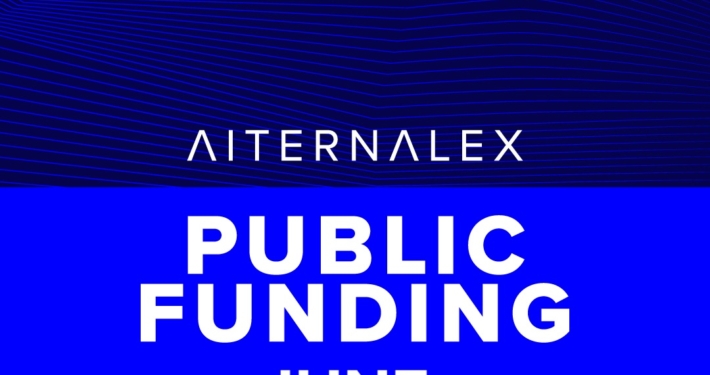 https://aiternalex.com/wp-content/uploads/2024/07/The-European-Accessibility-Act_-Technical-Legal-Analysis-and-Comparison-with-US-Legislation.jpeg
786
1024
Giovanni Gaeta
https://aiternalex.com/wp-content/uploads/2022/07/Aiternalex_Logo.png
Giovanni Gaeta2024-07-18 14:08:322024-09-03 14:59:03The European Accessibility Act: Technical-Legal Analysis
https://aiternalex.com/wp-content/uploads/2024/07/The-European-Accessibility-Act_-Technical-Legal-Analysis-and-Comparison-with-US-Legislation.jpeg
786
1024
Giovanni Gaeta
https://aiternalex.com/wp-content/uploads/2022/07/Aiternalex_Logo.png
Giovanni Gaeta2024-07-18 14:08:322024-09-03 14:59:03The European Accessibility Act: Technical-Legal AnalysisIMPRINT
Studio Legale Associato Gaeta Shargool | Email: info@aiternalex.com
Largo dei Chiavari, 82 – 00186 Rome, RM (Italy) | VAT: 16705131007
© 2025 Aiternalex | Powered by ORA Comunica | Privacy Policy | Cookie Policy








